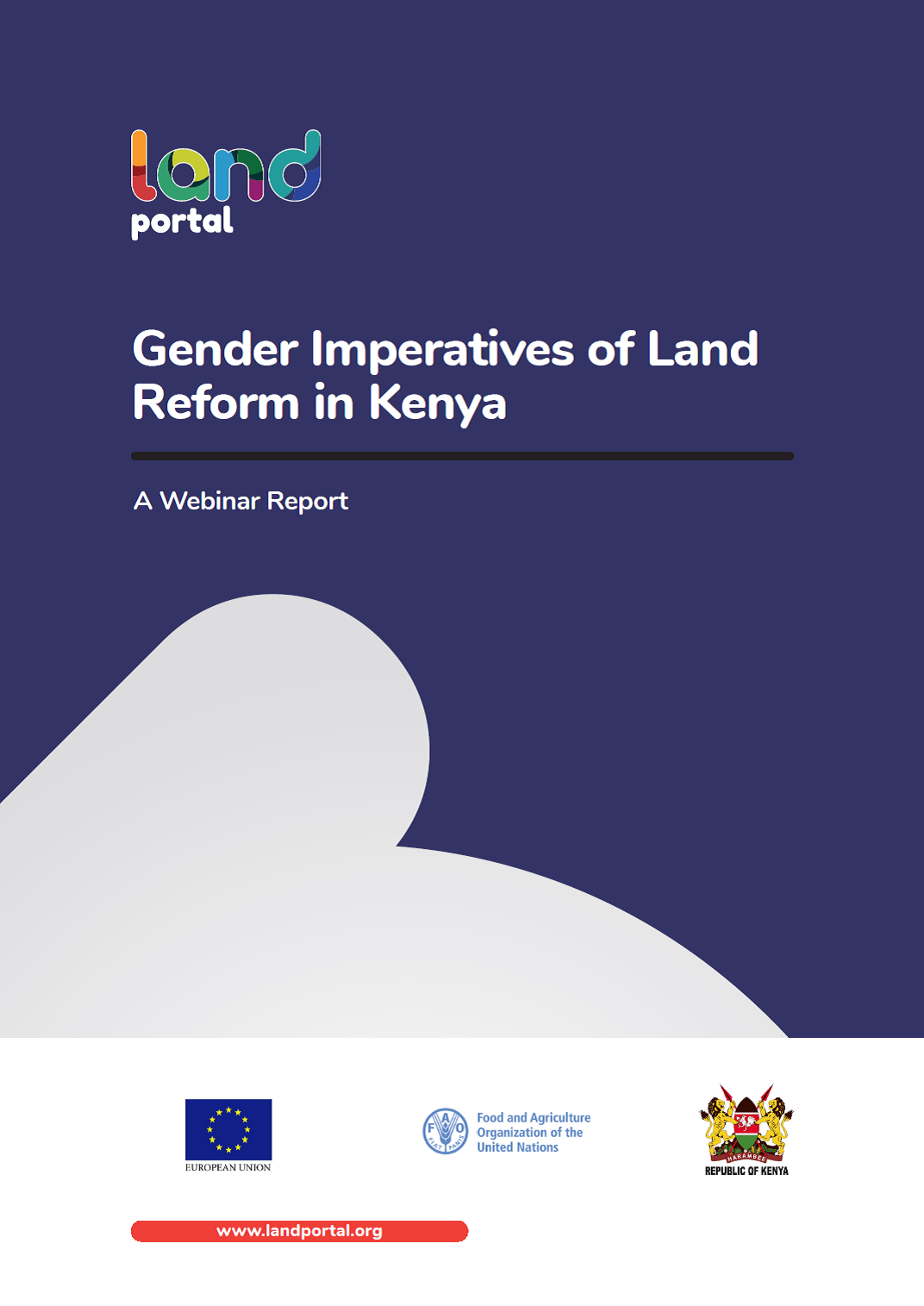Tribes, state, and technology adoption in arid land management, Syria
Discusses the widely help conception that arid shrub-lands in Syria and elsewhere in West Asia and North Africa are degraded. A particular characteristic of such areas is a preponderance of unpalatable shrubs or a lack of overall ground cover with a rise in the associated risks of soil erosion.The article finds that:migrating pastoralists have been the scapegoats for this condition of the range.





